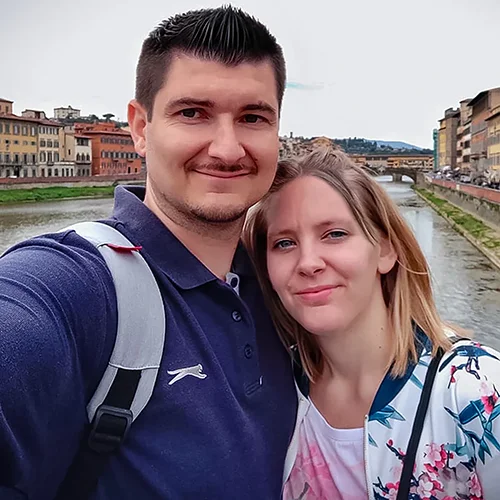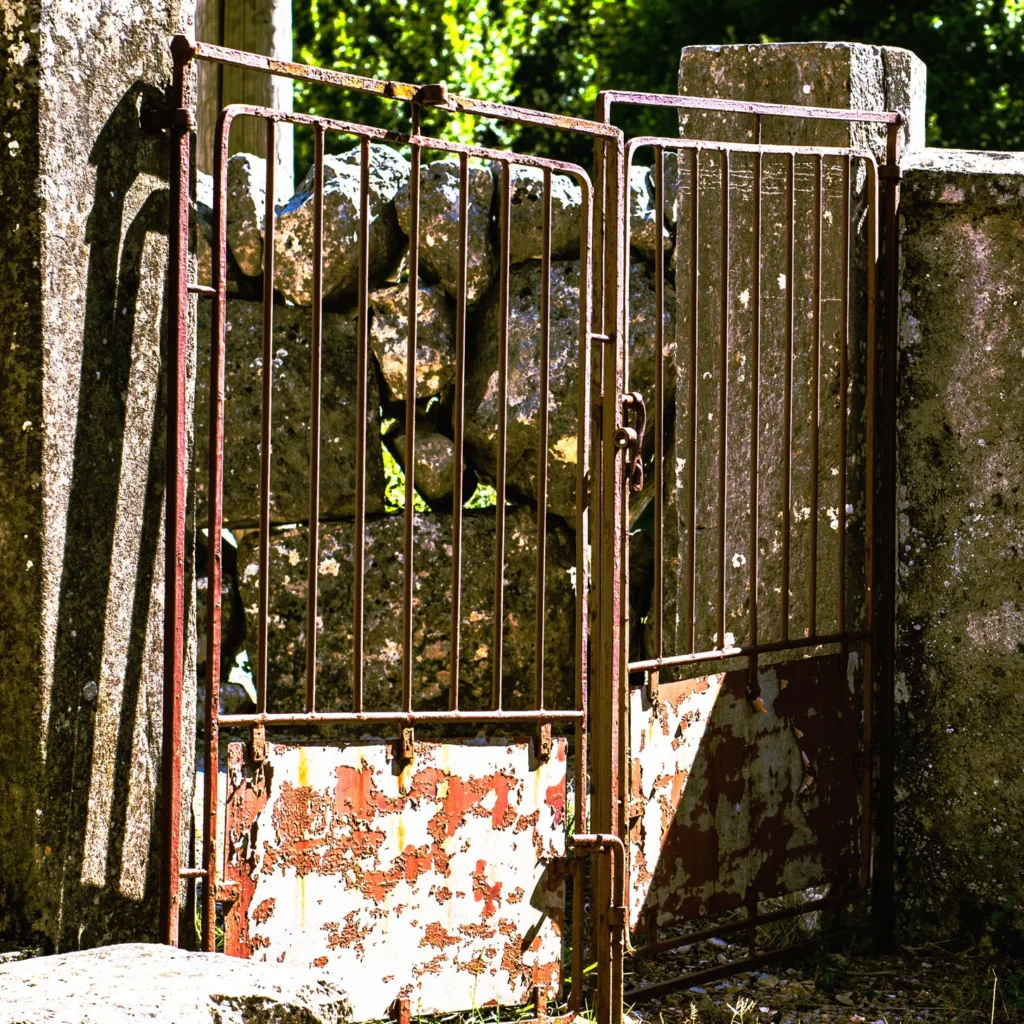Buying real estate in Croatia: Our experiences and what you should consider
Buying real estate in Croatia: Our experiences and what you should consider
Buying real estate in Croatia: Our experiences and what you should consider
Buying real estate in Croatia: Our experiences and what you should consider
4. Juni 2023
Feedback: 0
Buying a house in Croatia sounds like a dream – beautiful coastlines, a Mediterranean climate and the prospect of a new life in paradise. But as it turns out, it’s less of a walk on the beach and more of a hike through a labyrinth. We took a closer look at the real estate market in Istria and learned a lot – even if our goal was not to buy directly, but rather to get a feel for the market. Here are our experiences, insights and tips to help you if you’re planning something similar
What you should know about buying real estate in Croatia
EU citizens: almost like locals?
Since Croatia joined the EU, EU citizens have been allowed to buy real estate in the same way as Croatian citizens. Previously, permission was required from the ministry, but that is history – at least if it is not a nature reserve or agricultural land. These are still reserved for locals.
👉 Fun fact 👈
According to our lawyer, there are loopholes that can be used to obtain agricultural land. What exactly? He didn’t want to tell us. A mystery that is still keeping us busy.
Pitfalls when buying real estate in Croatia
Estate agent chaos: one house, many prices
In Croatia, several estate agents can be commissioned for the same property. As a result, a property may be offered at different prices depending on which agent you ask. Allegedly, this is due to delayed price adjustments on the portals. Whether this is always true remains to be seen.
Black buildings and property rights
Before you fall in love with a property, you should check carefully whether it is a black building. There are still many houses in Croatia without a building permit. Equally important: the ownership structure. Have all rights been clarified? Are there any mortgages or other encumbrances? You should not go any further without a lawyer. Learn more about the difference between legal and illegal houses in Croatia Legal or Ill(egal
Private contracts: Beware the trap
Unlike in Germany, private contracts are legally valid in Croatia. That sounds practical, but there are risks involved. Without a lawyer, things can quickly become expensive or complicated.
Our communication experiences: “Do Not Disturb”
Emails in English? No way!
We had selected a few properties and wrote to the estate agents – in English, of course. The answer? None. Only when we tried out Croatian with an online translator did we get a terse reply: “Give us a call.”
Calls – and the language hurdle
A call didn’t help us at first as no one answered. Another attempt without a visible phone number did result in a connection, but the language barrier was a real problem. Many estate agents don’t speak English, which makes communication much more difficult.
On site: estate agencies that will surprise you
Our next strategy: on-site visits. We thought that would be easier. Think again!
◉ Closed doors: The first estate agent’s office was on Google Maps, but there was only an abandoned building on site. Welcome to the Croatian real estate wonderland.
◉ Friendly, but helpless: At the next office in Pula, we were at least welcomed. But again, almost nobody spoke English, and the colleague who knew a little English told us that nothing matched our criteria. One of the suggested properties later turned out to be a ruin.
Lessons learned: Our most important findings
◉ A lawyer is mandatory: Nothing works without a local lawyer. They should check the ownership structure, draw up the purchase contract and ensure that there are no unpleasant surprises.
◉ Be patient: The Croatian real estate market works differently – and often a little slower. Be prepared for the fact that communication can be bumpy.
◉ Learn the language: A few basic Croatian language skills can work wonders. They show that you are making an effort and can open doors that would otherwise remain closed.
Tips for the real estate market in Croatia
◉ 1. digital preparation: Platforms such as Njuškalo or Croatia Property Sales offer a good overview of the Croatian real estate market. As prices often vary, it is worth comparing the offers critically.
◉ 2. Plan site visits: Contact brokers early on, preferably in Croatian, to increase the chances of a response. Stay flexible, as many brokers respond at short notice or are difficult to reach.
◉ 3. Check real estate thoroughly: Be sure to have the property checked for building code violations and don’t forget to factor in hidden costs such as property taxes or renovation costs.
◉ 4. Explore rental options: If buying is not an immediate option, take a look at rental offers. However, be aware that many landlords require a minimum rental period of one year and often Pets Pets are not allowed.
Conclusion: Much learned, little achieved
Our real estate adventure in Croatia was a mixture of frustration, curious experiences and valuable insights. Even though we didn’t find a property, we now know exactly what is important. The Croatian real estate market is not straightforward, but with the right preparation and patience, it is definitely manageable.
Whether you choose Istria or another region, be prepared to think creatively, overcome language barriers and have a lawyer by your side. And remember: even if you don’t buy anything, you’ll still gain valuable experience.
We hope these tips help you make the most of your expat life! Do you have personal experiences or additional tips to share? Feel free to leave us a comment! We’d love to hear from you and support you on your expat adventure. Don’t forget to share this post with others who could benefit from these tips, and stay tuned for more insights and inspiration about living as an expat.
Your Steffi & Marius

Wir sind zwei deutsche Auswanderer und auf emigres-life nehmen wir Dich mit auf unsere Reise in ein neues Leben.
In unserem Projekt schwingt das Pendel meist in Richtung stressig oder chaotisch und weniger in Richtung tiefenentspannt.
Wenn du also wissen willst, in welches Fettnäpfchen wir als nächstes treten oder welche Hürden vor uns liegen und wie wir sie überwinden, dann bleib dran.
Nächster Blogpost
Wohnwagen: Von der Idee zur (fast) perfekten Unterkunft
Vorhergehender Blogpost
Immobilienkauf in Kroatien: Unsere Erfahrungen und was du beachten solltest



 Pin it!
Pin it!

